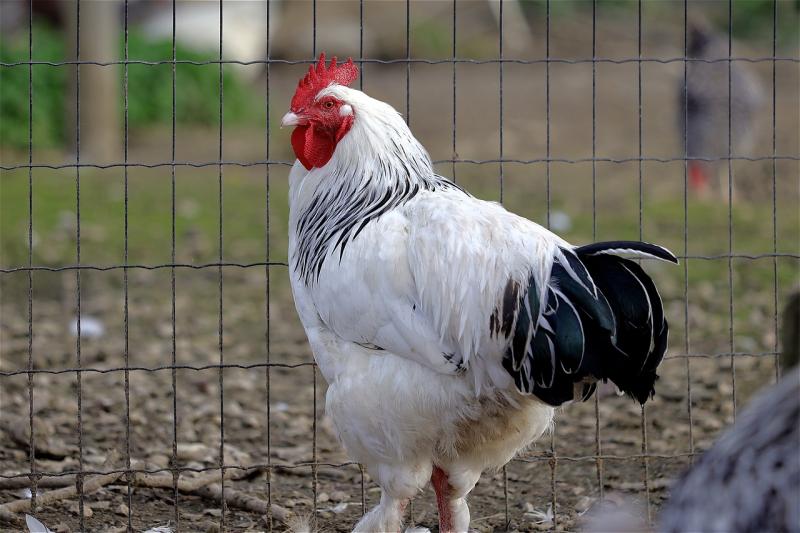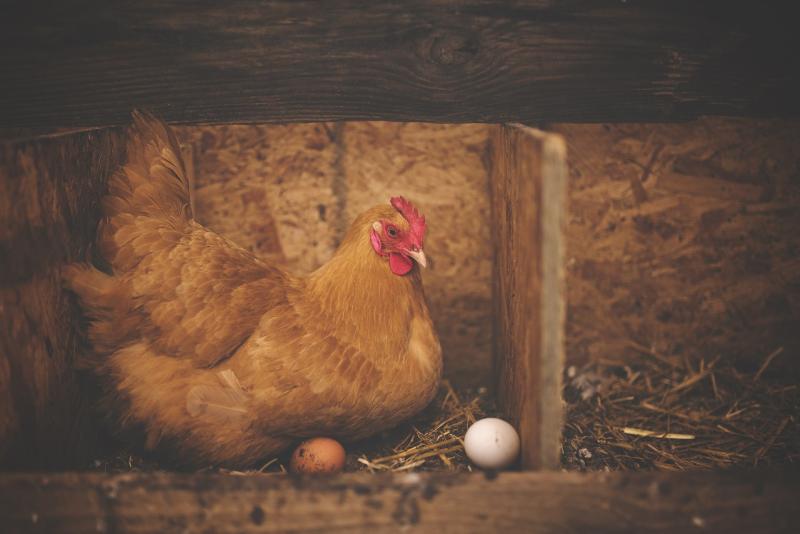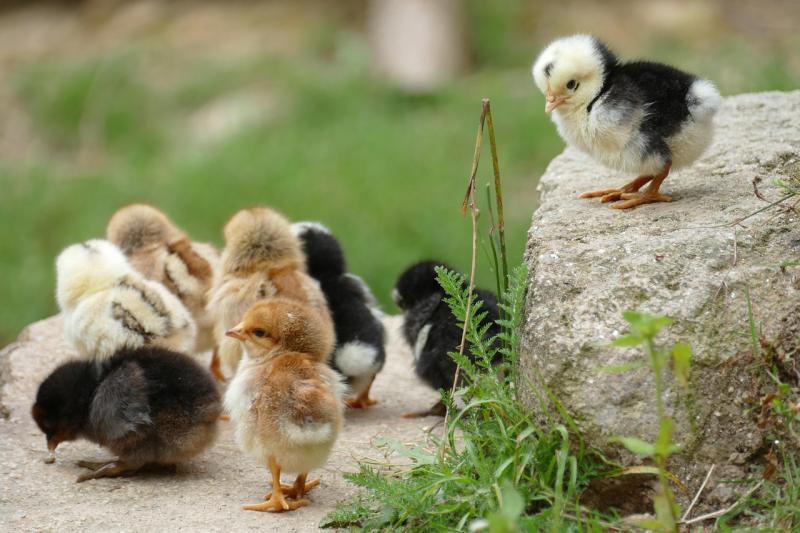Choosing organic chicken feed has some fantastic benefits that every chicken owner should know about. First off, organic feed is made from natural ingredients without harmful chemicals or additives. This means your chickens are getting a diet that’s closer to what nature intended, leading to healthier birds.
Another great perk is that organic feed often contains higher levels of nutrients. This can result in better egg quality and taste. Who doesn’t want delicious, nutrient-rich eggs for breakfast? Plus, healthier feed contributes to overall better health for your flock, which can lead to fewer health issues down the road.
Using organic chicken feed is also better for the environment. Organic farming practices focus on sustainability and ecological balance, which can lead to healthier soil and reduced pollution. You can feel good about the choices you make, knowing you’re supporting a healthier planet.
Lastly, hens that eat organic feeds tend to be happier and more active. A diet free from synthetic pesticides and additives encourages natural behaviors, allowing them to thrive. Healthy, happy hens not only lay more eggs but also have a better quality of life. And we all know that a happy chicken makes for a happy farmer!
Common Misconceptions About Organic Feeding
When it comes to feeding chickens, organic options have become all the rage. But there are a few common myths that make people hesitant to jump on the organic bandwagon. Let’s clear up some confusion!
One big misconception is that organic feeds are just a fad and don’t actually provide any real benefits. Many chicken owners are surprised to learn that organic feeds can lead to healthier chickens. These feeds are usually free from synthetic additives and pesticides, which means your chickens are getting a diet closer to what nature intended.
Another myth is that organic feeding is too expensive and not worth the investment. While organic options can be pricier at first glance, they often lead to better egg production, meaning you're not just spending money; you’re potentially earning it back through healthier hens and more eggs. Plus, many find that they save on vet bills when chickens are healthier overall.
Some people also believe that organic feeds don't deliver the same nutritional value as conventional ones. This isn't true! Many organic feeds are specifically formulated to meet the nutritional needs of chickens, ensuring they get what they need to thrive. It’s all about checking the labels and choosing a well-balanced option.
Lastly, there’s a notion that organic feeding is complicated and hard to maintain. It’s really not! Transitioning to organic feed simply means choosing different products. With a little planning, feeding your chickens organic can be as straightforward as it is rewarding. So don’t let these myths hold you back from giving your flock the best!
Choosing the Right Organic Feed
First, look for feeds that list whole grains as the main ingredients. Ingredients like organic corn, wheat, and barley are great for providing energy and nutrients. Protein is also crucial, especially for laying hens. Aim for a feed that has a good source of protein, such as organic soybean meal or organic peas.
Don't forget about vitamins and minerals! Organic feeds should include essential nutrients like calcium and phosphorus, which are vital for strong eggshells and overall health. Some feeds also have added probiotics, which can help with digestion – something your chickens will thank you for!
Lastly, think about the age and breed of your chickens. Different stages of life require different nutritional needs. Whether you have chicks, pullets, or mature layers, there’s an organic feed out there to meet their specific requirements. Always choose feeds that cater to their growth stage for the best results!
Tips for Transitioning to Organic Feeds
Making the switch to organic feeds for your chickens is a fantastic idea, but it can feel a bit overwhelming at first. Here are some handy tips to help you transition smoothly:
Transitioning to organic feeds doesn't have to be a daunting task. Just take it step by step, and you’ll have your flock thriving in no time!



